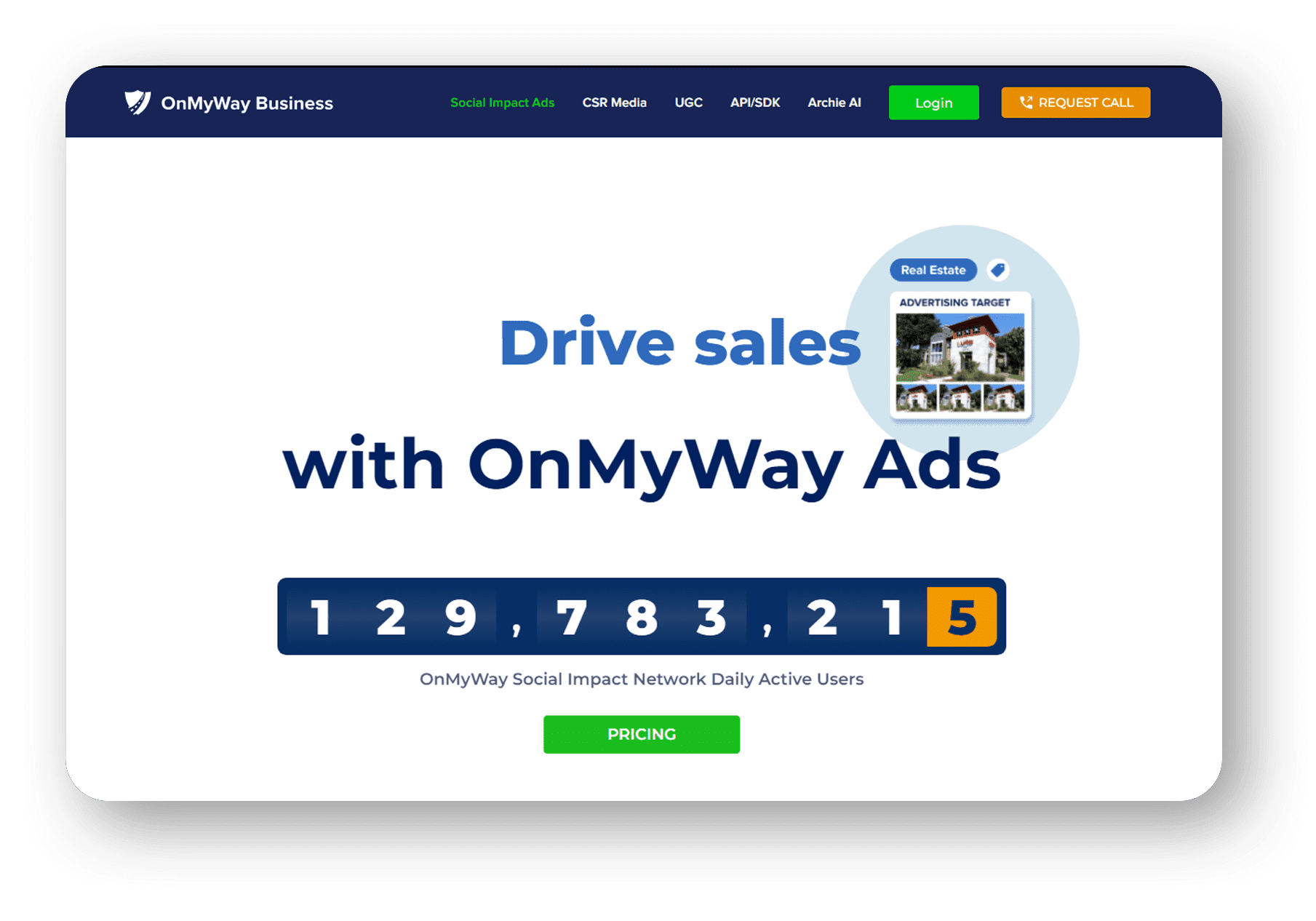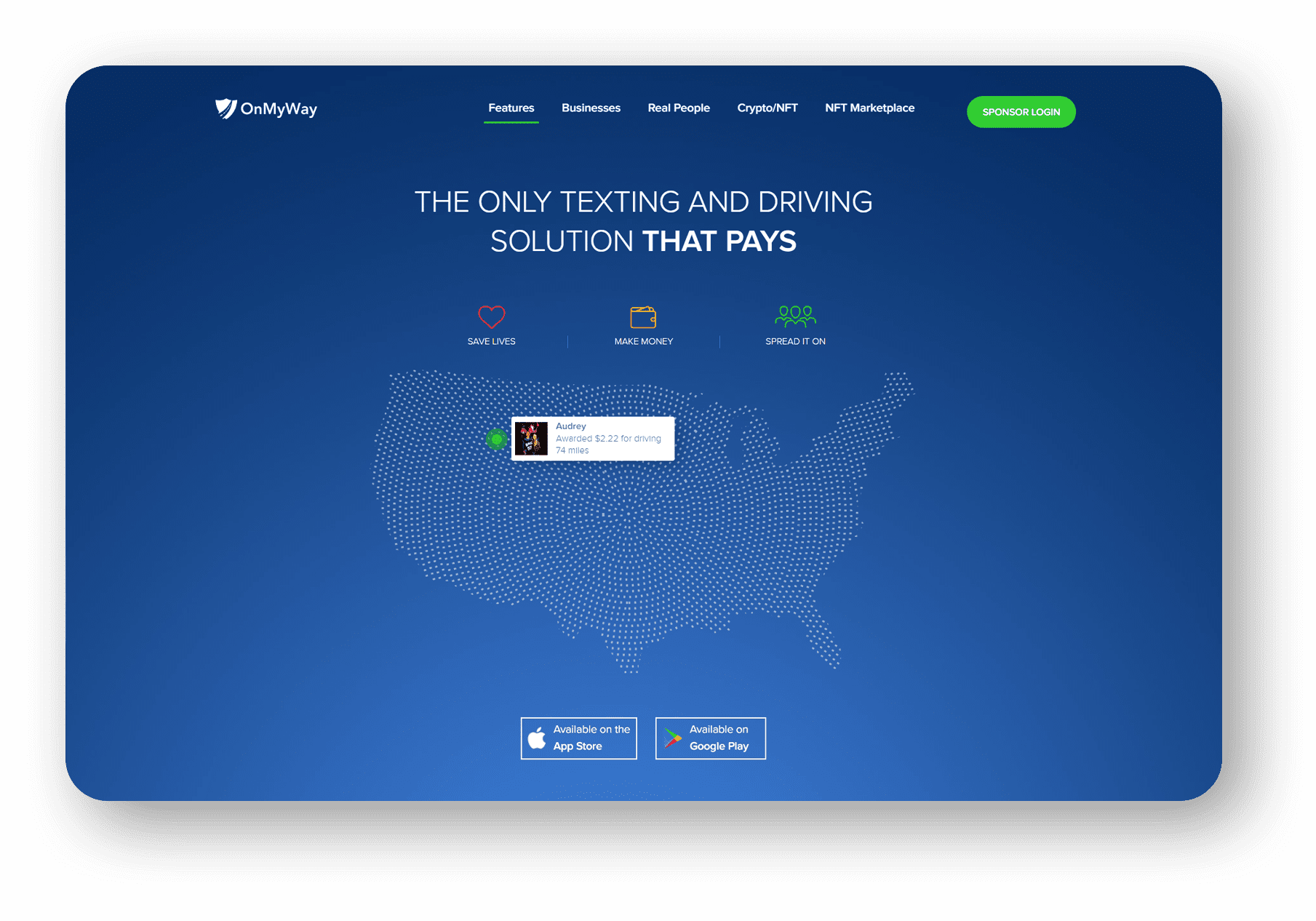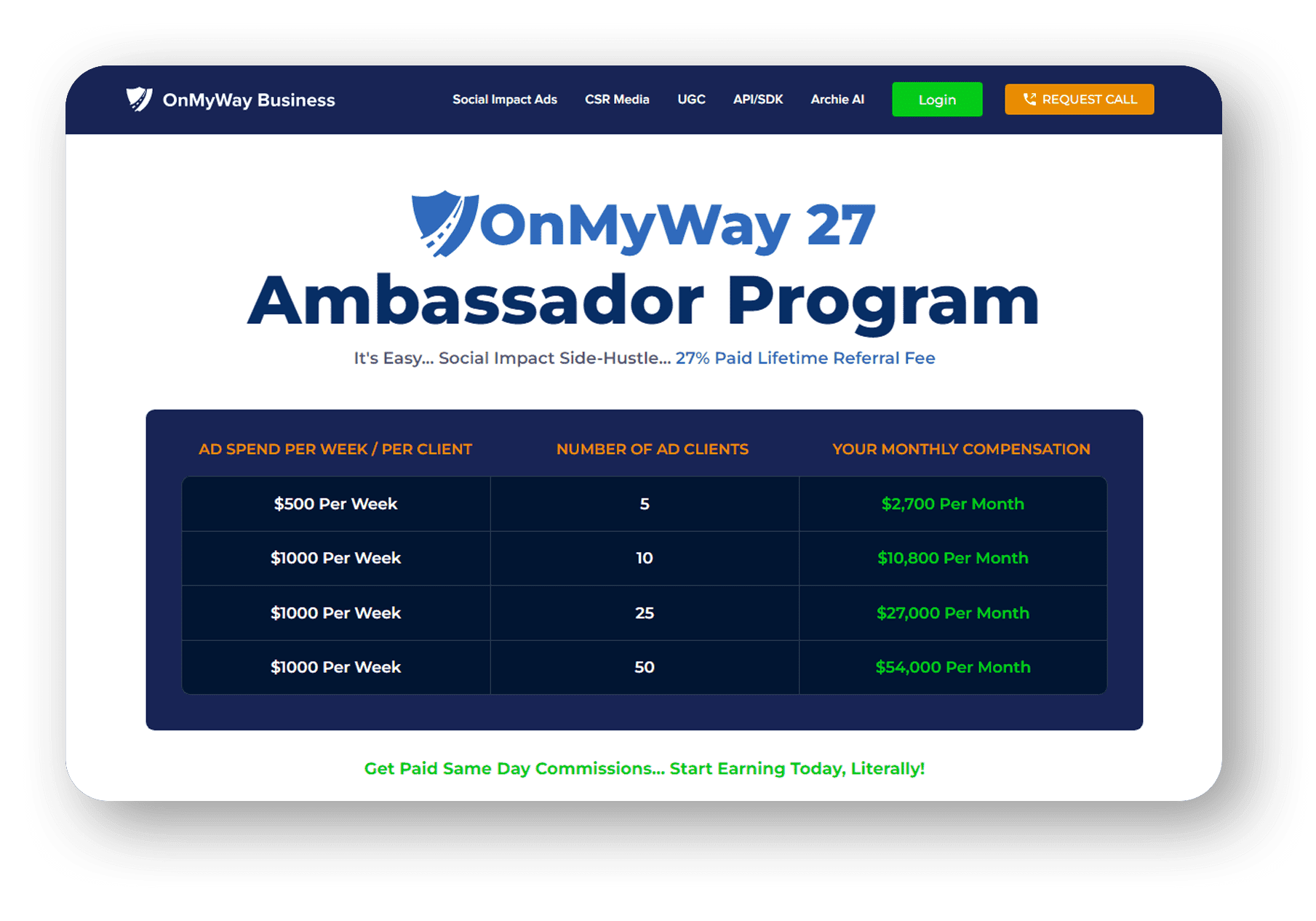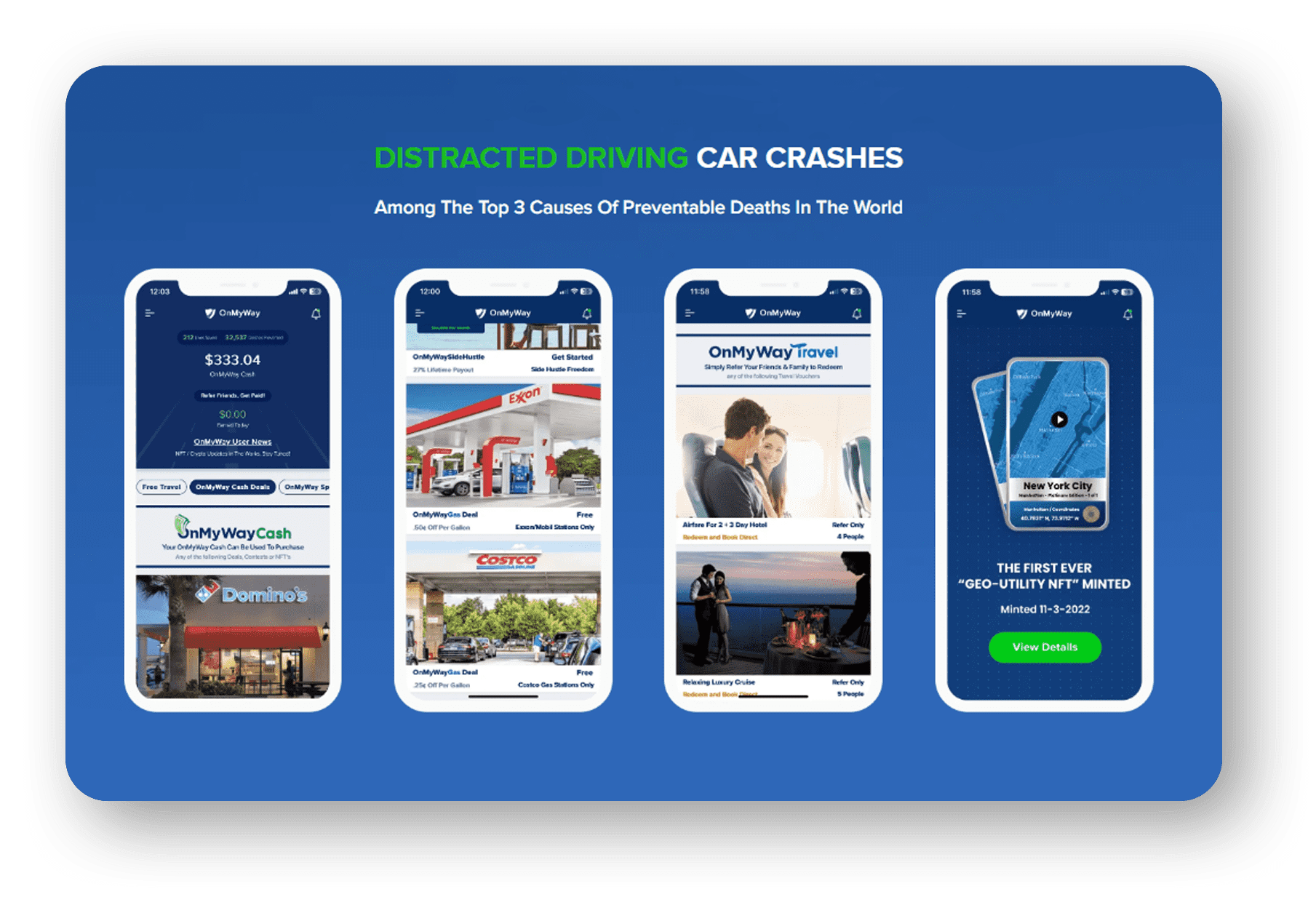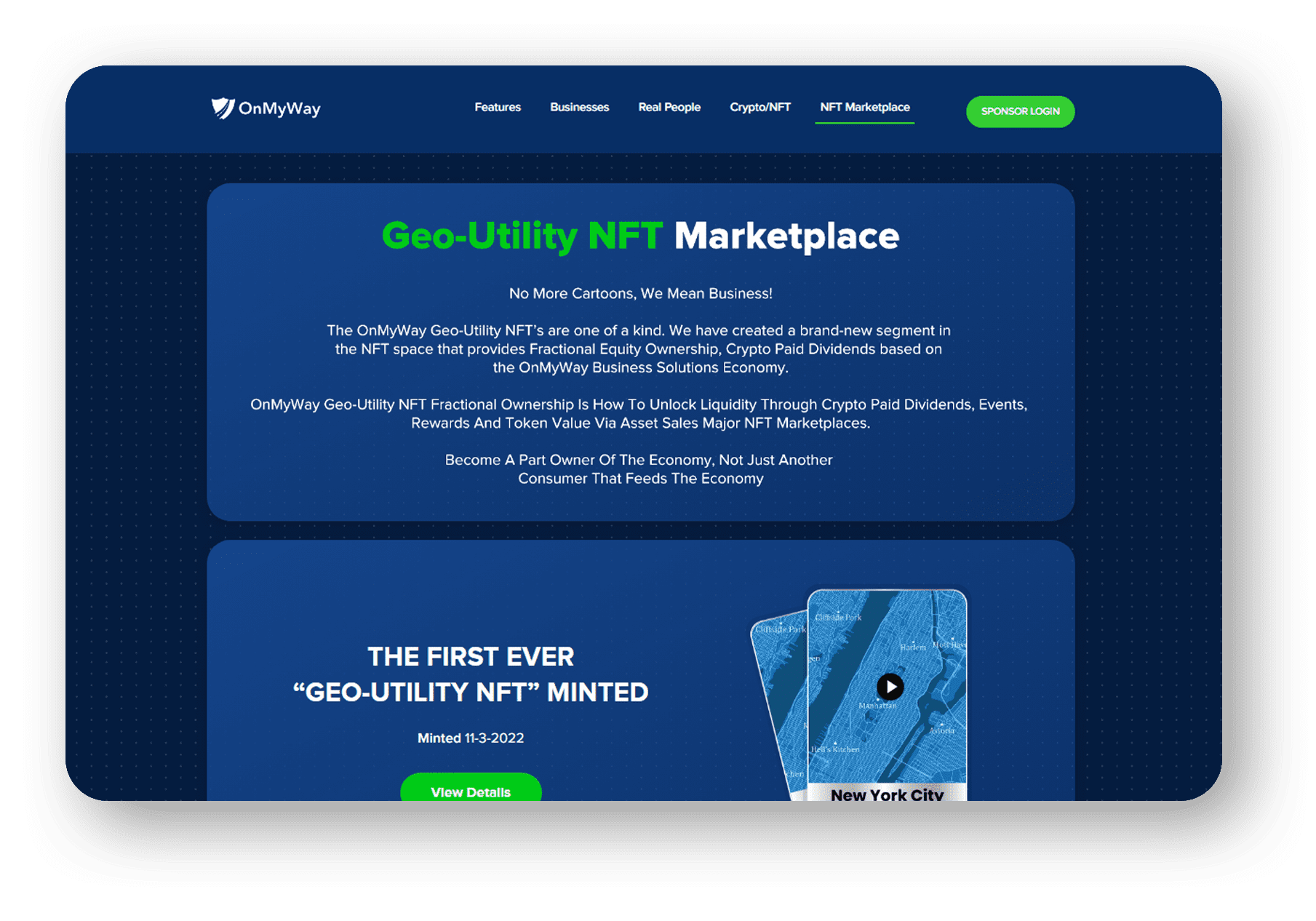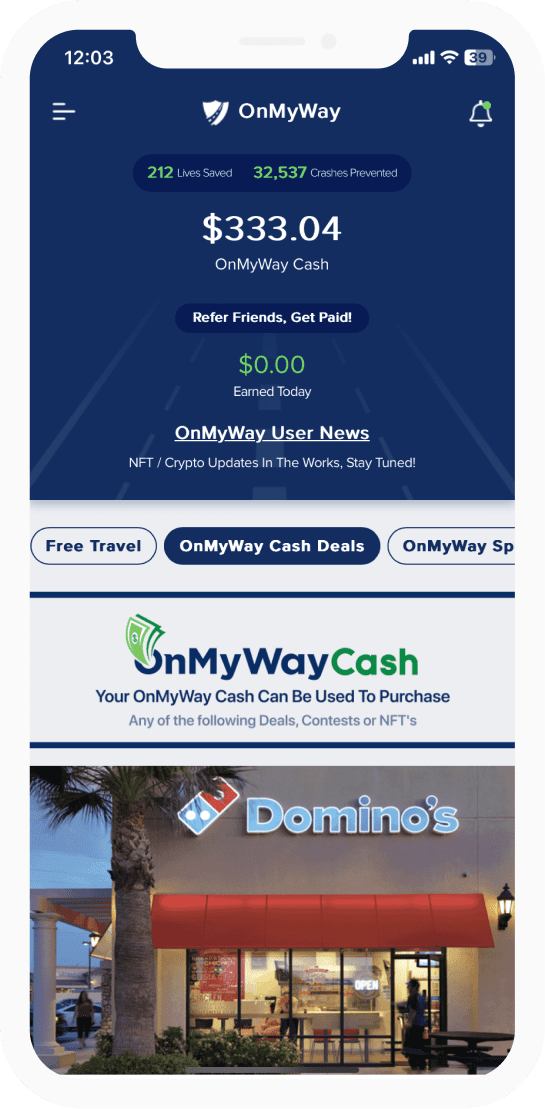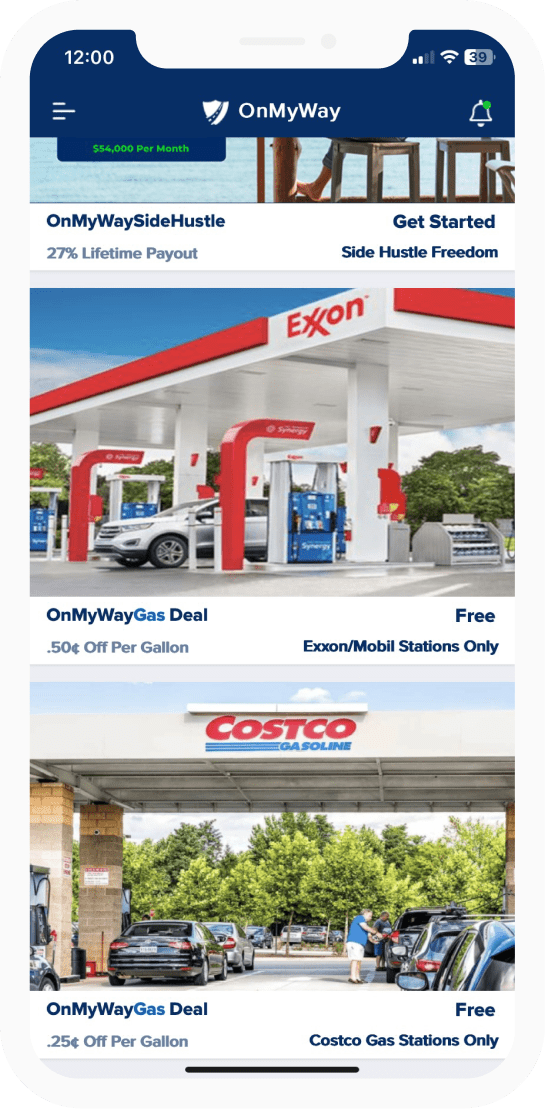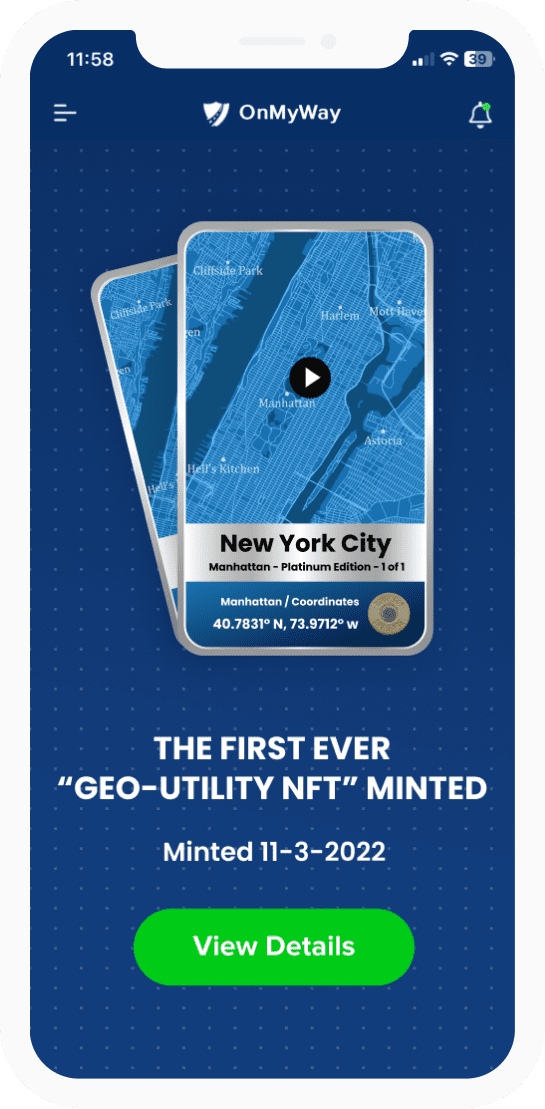
Former President Donald Trump pleaded not guilty to 34 felony criminal charges of falsifying business records in Manhattan criminal court Tuesday afternoon.
Trump surrendered and was placed under arrest Tuesday before he was arraigned in a historic and unprecedented court appearance, in which the former president heard the charges against him for the first time. While the arraignment was routine, the case is now poised to linger over Trump’s 2024 candidacy as he fights the charges both in court and in public.
Prosecutors alleged that Trump sought to undermine the integrity of the 2016 election through a hush money scheme with payments made to women who claimed they had extramarital affairs with Trump. He has denied the affairs.
Trump was part of an unlawful plan to suppress negative information, including an illegal payment of $130,000 that was ordered by the defendant to suppress the negative information that would hurt his campaign, prosecutors alleged.
Trump “repeatedly and fraudulently falsified New York business records to conceal criminal conduct that hid damaging information from the voting public during the 2016 presidential election,” according to the charging documents.
“We are a nation in decline, and now these radical left lunatics want to interfere in elections by using law enforcement,” Trump said, tying his prosecution and the multiple investigations he faces to his false claims of a rigged election in 2020. “We can’t let that happen.”
Speaking for less than 30 minutes, Trump was more subdued than usual, and it seemed the long day had taken its toll on him. But he didn’t stop with lambasting the case in New York. Rather, he turned his attention to additional legal jeopardy he faces.
He called on prosecutors in Atlanta to “drop” a case into his effort to overturn the 2020 election in Georgia, condemned an ongoing federal investigation into his handling of classified documents, mocked a New York state investigation into his business and described special counsel Jack Smith — who is overseeing the federal probe into his handling of classified documents and his actions around the Jan. 6 attack on the U.S. Capitol — as a “lunatic.”
“With all of this being said, and with a very dark cloud over our beloved country, I have no doubt nevertheless we will make America great again,” Trump said.
“The only crime that I have committed is to fearlessly defend our nation from those who seek to destroy it,” he added.
The twin spectacles centered on one man — a former president standing first as a defendant and later as the favorite for the 2024 Republican nomination — brought into sharp relief a set of uniquely Trumpian paradoxes gripping the nation and testing its ideals.
What happened after the surrender?
Trump was booked.
Before computers, information on every criminal suspect would be written down in a big book kept by court officials. Now, it’s all computerized, but the process is largely the same.
“One of the complicated legal questions here is in order to bump that up from a misdemeanor to a felony you have to show that those records were falsified to commit some other crime, some second crime,” Honig said. “You heard the defense lawyers, I think, rightly, complaining about that.”
Bragg said at a news conference after the arraignment that the indictment did not specify what laws Trump broke because “the law does not so require.”
Bragg highlighted one law that Trump allegedly broke during the conference: “New York state election law – what makes it a crime to conspire to promote a candidacy by unlawful means.” He also mentioned violations of a federal election law capping contribution limits.
The evidence, Bragg said, will be “borne out in a public courtroom in downtown Manhattan,” he said.
Next hearing in December
Trump responded to the judge when directed to do so during the arraignment and made the not guilty plea himself.
The former president’s voice was measured in the courtroom. He walked in slowly scanning the reporters in the courtroom and looked at the judge when he was speaking.
The next in-person hearing date for Trump’s case in New York is currently set for December 4.
In addition to the indictment, a 13-page “statement of facts” detailed in plain language how Trump allegedly committed crimes to help him get elected to the White House in 2016.
“From August 2015 to December 2017, the Defendant orchestrated a scheme with others to influence the 2016 presidential election by identifying and purchasing negative information about him to suppress its publication and benefit the Defendant’s electoral prospects,” the statement of facts says. Prosecutors described a “catch and kill scheme” to suppress negative stories about Trump – “in furtherance of his candidacy for President.”
OVERVIEW
OnMyWay Is The #1 Distracted Driving Mobile App In The Nation!
OnMyWay, based in Charleston, SC, The Only Mobile App That Pays its Users Not to Text and Drive.
The #1 cause of death among young adults ages 16-27 is Car Accidents, with the majority related to Distracted Driving.
OnMyWay’s mission is to reverse this epidemic through positive rewards. Users get paid for every mile they do not text and drive and can refer their friends to get compensated for them as well.
The money earned can then be used for Cash Cards, Gift Cards, Travel Deals and Much, Much More….
The company also makes it a point to let users know that OnMyWay does NOT sell users data and only tracks them for purposes of providing a better experience while using the app.
The OnMyWay app is free to download and is currently available on both the App Store for iPhones and Google Play for Android @ OnMyWay; Drive Safe, Get Paid.
Download App Now – https://r.onmyway.com
Sponsors and advertisers can contact the company directly through their website @ www.onmyway.com



